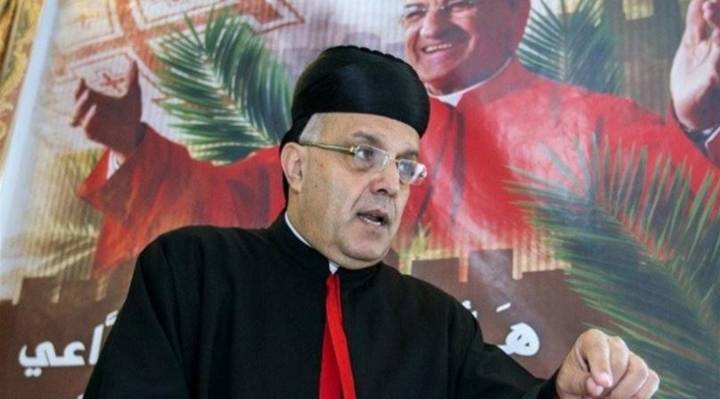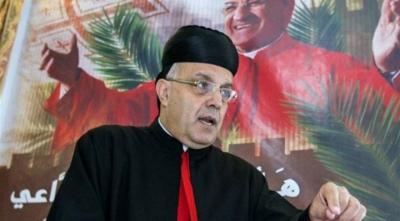When the crisis erupted over the detention of Bishop Musa al-Hajj, the head of the Diocese of Haifa and the Patriarchal Vicar of Jerusalem, the Holy Land, and Jordan, at the Naqoura crossing on July 18, the uproar was immense. Voices were raised politically, spiritually, and popularly in protest. It seemed that the established boundaries were difficult to retreat from, not least those sharp, firm, and exceptional calls for the removal of Judge Fadi Akeeky.
For nearly two weeks, the issue dominated public opinion, buzzing on social media with all electronic armies mobilized, before it was soon withdrawn from circulation and its fervor extinguished in favor of many other pressing crises occupying the Lebanese people, erasing all that preceded it. Judge Akeeky was not removed, and the escalation was tempered to avoid inciting sectarian strife and further divisions that the country, already crumbling on various fronts, could hardly withstand.
Relevant parties, mediators, and goodwill ambassadors hurried to rectify the situation and amend the mistake. After condemning the attack on the bishop sufficiently, political and media escalation came to a halt to allow for a calm resolution, and all parties committed to silence.
The communications ceased, and the political, security, and judicial meetings held away from the limelight for more than a month completed their task in preparation for closing the case, as informed sources told "Al-Markaziah." Participants included heads of security and judicial agencies and personalities tasked with the case from Bkerke and others from the Shiite duo, coinciding with the start of judicial investigations into the funds in the possession of Bishop al-Hajj, aiming to distribute suspect-free funds to those they were sent to, while returning to their owners those funds that were refused to be accepted, which were meant for some members of the Druze sect in the Golan, as announced in a statement following the incident, distancing from political exploitation, and strictly regulating the questionable funds for final resolution based on the outcome of the investigations.
Sources indicated that the Shiite duo, which viewed the affair as targeting them, after rumors circulated that some money was sent from a Lebanese woman in occupied Palestine who purchased an apartment in the southern suburbs, thus raising suspicions around it, confirmed during the meetings and later marketed through some of its allies that they were ready to pay the funds back to their owners after the investigation concluded and confirmation was made that the support was not received in exchange for any political, security, or intelligence "work," asserting that its goal was purely humanitarian. However, they declared their absolute rejection of sending such assistance in the future, noting that the release of confiscated items only occurs after a judicial signal is issued.
According to sources, the meetings resulted in an agreement on the mechanism for Bishop al-Hajj to cross into the Holy Land from the Naqoura border crossing in accordance with a special security decision and an internal memo issued by General Security in 2006, thereby folding the case based on the familiar Lebanese scenario... all issues conclude down the same settlement path.




